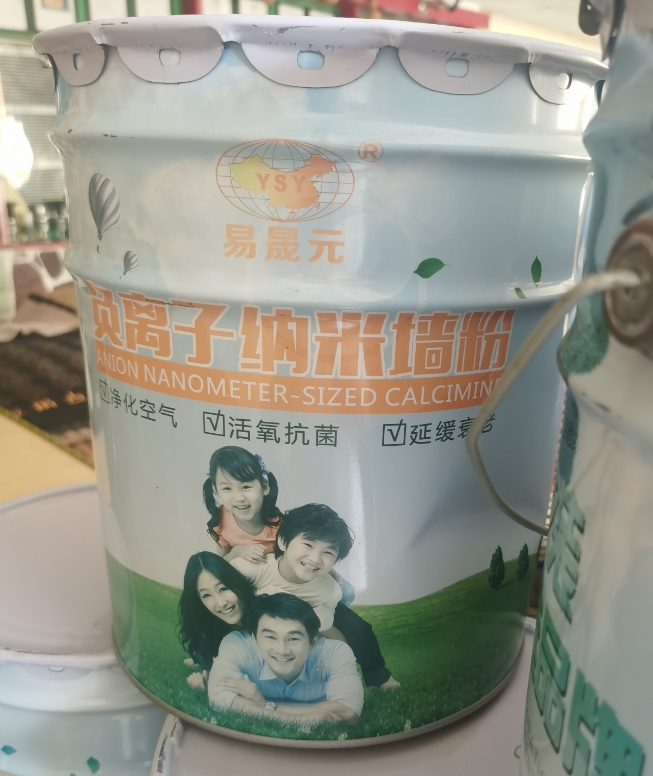
Sauna rooms are a wonderful addition to any home, providing relaxation and health benefits. However, one concern that often arises is the potential for mold and mildew growth. In this article, we will explore whether it is necessary to use special coatings or treatments on sauna room materials to prevent mold and mildew.
Sauna rooms are characterized by high humidity levels. The heat and steam generated create a warm and moist environment, which is ideal for mold and mildew to thrive. Mold and mildew need moisture, warmth, and a food source (such as organic matter in the materials) to grow. The wooden surfaces, benches, and walls of a sauna room are particularly susceptible as wood can absorb and retain moisture.
Preventing mold and mildew growth in a sauna room is crucial for several reasons. Firstly, mold and mildew can cause an unpleasant odor, which can detract from the relaxing atmosphere of the sauna. Secondly, they can pose health risks. Some molds can release spores that may cause allergic reactions or respiratory problems, especially for individuals with sensitivities. Thirdly, mold and mildew can damage the sauna room materials over time, reducing their durability and aesthetic appeal.
There are special anti-microbial coatings available that can be applied to sauna room materials. These coatings work by inhibiting the growth of mold, mildew, and bacteria. They often contain ingredients that are toxic to these microorganisms. When applied properly, they can provide a protective layer on the surface of the materials, reducing the likelihood of mold and mildew colonization. However, it is important to ensure that the coatings are suitable for use in a sauna environment as they need to be able to withstand the high temperatures and humidity.
Another option is to use waterproof and vapor barrier treatments. These treatments can help prevent moisture from penetrating the materials. By creating a barrier, they reduce the amount of water that the materials are exposed to, thus minimizing the conditions conducive to mold and mildew growth. For example, applying a waterproof sealant to the wooden surfaces can help keep them dry and less likely to develop mold.
Some people prefer natural treatments to prevent mold and mildew. One such option is using essential oils with anti-fungal properties, such as tea tree oil. These can be diluted and sprayed on the surfaces of the sauna room. However, the effectiveness of natural treatments may be somewhat limited compared to chemical-based coatings and treatments, and they may need to be reapplied more frequently.
Before applying any special coating or treatment, it is essential to consider the compatibility with the sauna room materials. Different materials may react differently to coatings. For example, some coatings may not adhere well to certain types of wood or may cause discoloration. It is advisable to consult the manufacturer of the materials or a professional in the sauna industry to ensure that the chosen coating or treatment will not damage the materials.
Good ventilation and air circulation in the sauna room are also important factors in preventing mold and mildew growth. Even with the use of coatings or treatments, if the air is stagnant and there is insufficient ventilation to remove excess moisture, mold and mildew can still develop. Installing proper ventilation systems, such as exhaust fans, can help maintain a drier environment and reduce the risk of mold and mildew, complementing the use of coatings or treatments.
Regardless of whether special coatings or treatments are used, regular maintenance of the sauna room is necessary. This includes wiping down surfaces after use, ensuring proper drainage of water, and inspecting the room regularly for any signs of mold or mildew. If any growth is detected, it should be addressed promptly to prevent it from spreading.

